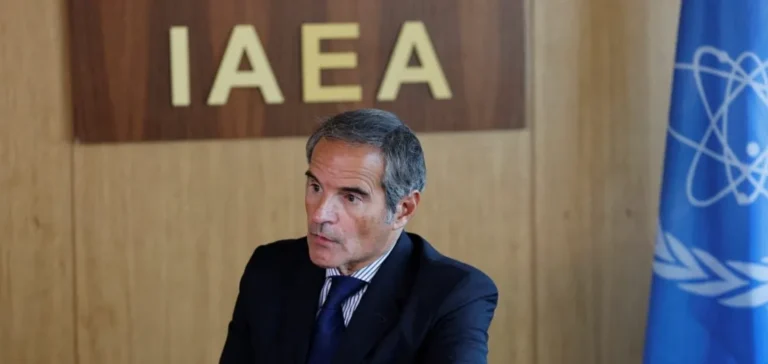International Atomic Energy Agency (IAEA) Director General Rafael Grossi stated that ongoing discussions with Iran regarding the resumption of nuclear inspections are making progress, but time is running short to finalise an agreement. These negotiations follow the agency’s loss of access to key Iranian nuclear facilities after US and Israeli strikes in June.
Access blocked and diplomatic pressure
Following the strikes, Iran’s government passed a law suspending cooperation with the IAEA and requiring prior approval from the Supreme National Security Council for any future inspections. Grossi emphasised that this suspension does not remove Iran’s obligations under the Treaty on the Non-Proliferation of Nuclear Weapons.
The current talks aim to define the technical conditions for a full return of international inspectors to Iranian facilities. Meanwhile, France, the United Kingdom and Germany — the E3 — have triggered the automatic sanctions reactivation mechanism under the 2015 nuclear agreement. This “snapback” mechanism will take effect within 30 days if Iran fails to restore full cooperation with the IAEA.
Enriched uranium stockpile increases
A confidential IAEA report published last week stated that, as of June 13, Iran held 440.9 kilograms of uranium enriched up to 60%, an increase of 32.3 kilograms compared to May. According to the agency, this level of enrichment has no immediate civilian application and is technically close to weapons-grade material, defined at 90%.
The IAEA noted that roughly 42 kilograms of 60% enriched uranium would be sufficient, if further enriched, to produce a single atomic bomb. The report also confirmed that no agreement has yet been reached on inspecting sites damaged during the US and Israeli strikes.
Political deadlock in Tehran
Iran’s Ministry of Foreign Affairs described the discussions with the IAEA as “positive” but confirmed that no specific schedule has been set for the next round of talks. Spokesperson Esmaeil Baghaei said the outcome of the third negotiation round is currently under review by relevant authorities in Tehran.
Meanwhile, the Islamic Republic maintains that it is not pursuing nuclear weapons, despite high-level uranium enrichment and the continued expansion of its ballistic missile capabilities. Israel, which carried out the recent strikes alongside the United States, justified the operation as a pre-emptive measure to prevent Iran from reaching the capability to produce atomic weapons.






















